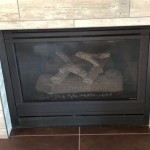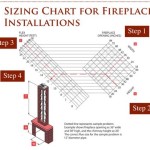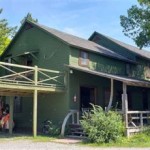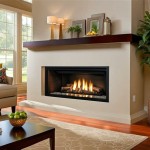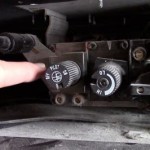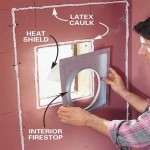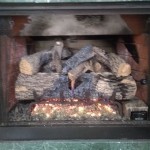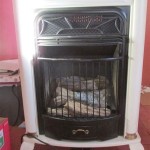Essential Considerations for Choosing an External Fan for Your Gas Fireplace
An external fan can significantly enhance the performance and efficiency of your gas fireplace. By circulating warm air throughout your room, it helps distribute heat evenly and eliminates cold spots. When selecting an external fan, there are several key aspects to consider to ensure optimal performance.
Types of External Fans
There are two main types of external fans for gas fireplaces: freestanding and in-line. Freestanding fans are placed next to the fireplace and blow air directly into the room. In-line fans are installed in the flue pipe and draw air from the fireplace, then circulate it back into the room. Both types have their advantages and disadvantages:
* Freestanding fans are easy to install and use, but they can be noisy and obstruct the view of the fireplace. * In-line fans are quieter and more discreet, but they require professional installation and may affect the efficiency of the fireplace.Fan Speed and CFM
The fan speed determines how quickly the fan circulates air. A higher fan speed will circulate air more quickly, but it can also be louder. The CFM (cubic feet per minute) rating indicates the volume of air that the fan can move. A higher CFM rating means the fan can circulate more air, which is ideal for larger rooms or rooms with high ceilings.
Noise Level
The noise level of the fan is an important consideration, especially if you want to enjoy the ambiance of the fireplace. Look for fans that operate at a low decibel level to minimize noise while still providing effective air circulation.
Safety Features
Safety should be a top priority when choosing an external fan. Ensure that the fan is made from durable materials and has built-in safety features, such as an overheat protection mechanism and a tip-over switch that automatically turns the fan off if it is knocked over.
Aesthetic Appeal
While performance is paramount, you should also consider the aesthetic appeal of the fan. Freestanding fans come in a variety of designs and finishes to match your fireplace and room décor. In-line fans are typically hidden from view, but they may have a visible thermal diffuser at the fireplace opening.
By considering these essential aspects, you can select an external fan that will enhance the performance and enjoyment of your gas fireplace. Remember to consult with a qualified professional for proper installation and to ensure safe and efficient operation.

Why Should I Get A Fireplace Blower For My Masonry

Fireplace Blowers Explained How Fans Work Regency

Blower Vs No Can I Add A To My Gas Fireplace

Noisy Gas Fireplace Blower Here S How To Replace It Diy

Moving Hot Air How To Heat Your House Using Fireplace

Napoleon Ascent 46 Gas Direct Vent Fireplace B46 Hvacdirect Com
:max_bytes(150000):strip_icc()/ventless-gas-fireplaces-4160746-hero-f9d4bdcd9bd446eb84406de306f790ba.jpg?strip=all)
How To Pick Out A Ventless Gas Fireplace

Why Do I Need A Blower Fan On My Fireplace We Love Fire

Installing A Fireplace Blower Gfk4 Gfk4a In Heatilator Natural Gas

Montigo C34 C38 The Fireplace King Huntsville Ontario Muskoka For Your Heating Cooling And Grilling Needs

